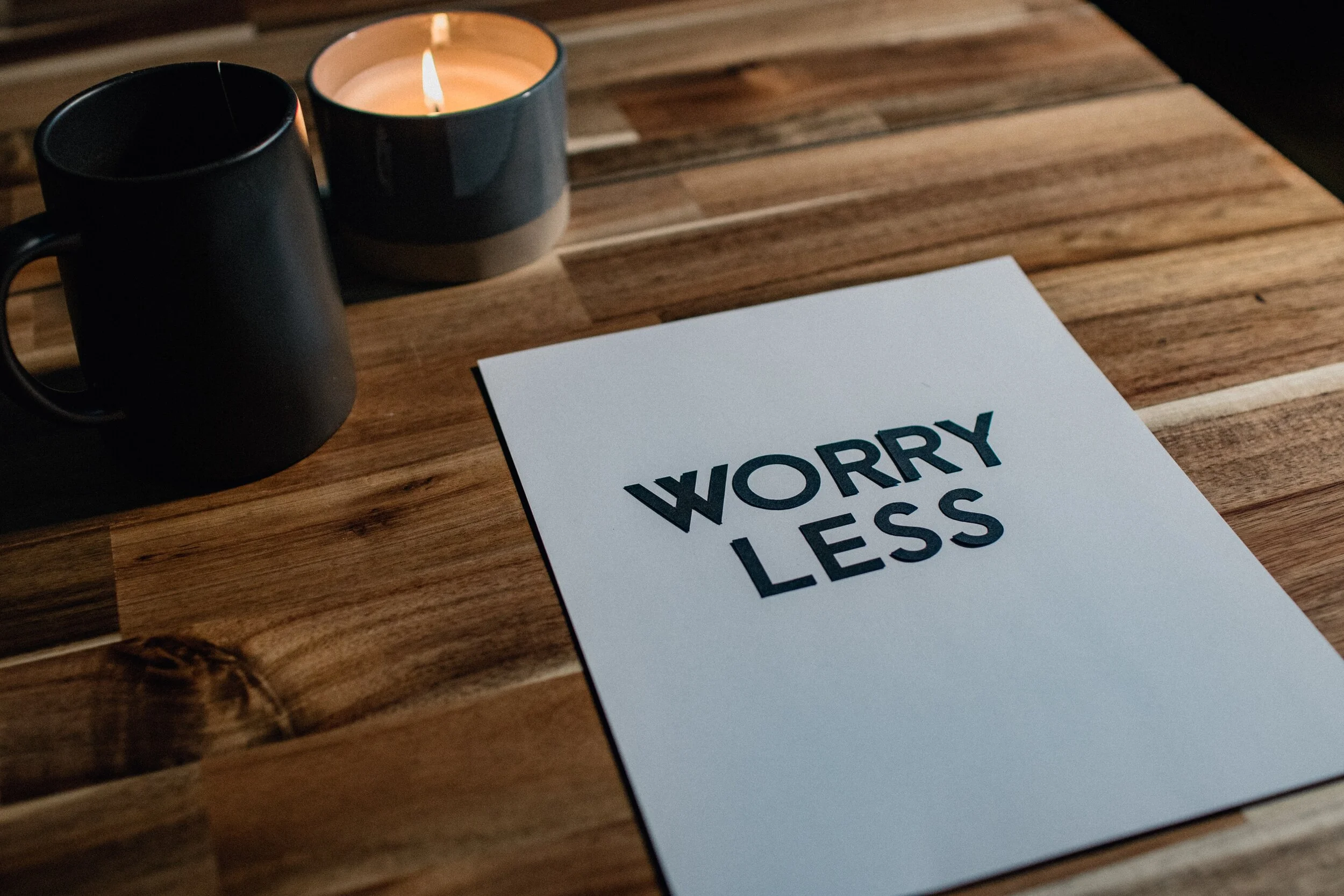Can what I eat really help to cope with anxiety?
It is likely that the majority of people in the UK have experienced either mild or severe anxiety at some point in their lives. Unsurprisingly the Coronavirus pandemic has significantly increased the number of reported cases of anxiety in adults in the UK.
At the beginning of the first lockdown there was some evidence to suggest that anxiety levels dropped slightly and as people focused on adapting to the situation and creating some new routines, wellness bounced back. Sadly as the pandemic continues and we are living through our third lockdown in the UK, anxiety is on the rise again.
Most of us are aware that there are basic things we need in order to feel well and elevate our mood on a daily basis. Things like sleeping well, exercise, feeling a sense of purpose with our work, social contact but also time for some personal space and reflection. What might not be as obvious is the connection between our diet, energy levels and our general mood.
So whilst food and diet certainly can’t cure or completely dispel the symptoms of anxiety, entirely, watching what you eat and having an understanding of which foods can assist your central nervous system in keeping the body and mind calm can help significantly. Start with some key pointers that can easily be incorporated every day:
· Eating healthy balanced meals at regular intervals can be the foundation for balancing blood sugar levels and alleviating the effect of mid morning or afternoon energy slumps, feelings of lethargy or low/demotivated mood.
· Eating a protein rich breakfast can balance your blood sugar, keep you feeling fuller for longer and ensure that you start the day with energy. Its important to eat breakfast within an hour of waking up if possible. If you find you can’t face food soon after waking a smoothie is a great way to get protein and give your body fuel and energy to get started.
· Notice how you feel when you eat certain foods so that you can start to identify patterns when you don’t feel 100%. Food sensitivities can cause varied problems such as digestive issues, skin concerns, sleeplessness, a lack of attention to detail, shifts in mood like increased irritability and other unpleasant physical symptoms.
· Drink enough water. Even mild dehydration can affect your mood and cause brain fog and low mood.
Now to food. There are certain food sources that can help to reduce feelings of anxiety and improve overall feelings of low mood. Nutritional interventions require a two prong approach, increasing healthy habits and reducing unhealthy ones. But supporting your body with the right foods is an easy and pretty low cost way of starting.
An example daily meal plan for an anti-anxiety could look like this:
Breakfast: Slice of wholegrain toast with spinach or avocado and poached egg or a smoothie with almond milk, blueberries, spinach, avocado and half a cup of green tea blended.
Where possible switch out coffee for green tea or try decaf.
Mid Morning Snack: Greek yoghurt with a handful of blueberries and a few almonds or brazil nuts.
Yoghurt may improve healthy bacteria in the gut which can lead to feelings of increased happiness. Nuts are full of B vitamins which can help frazzled nerve endings and promote feelings of increased energy.
Lunch: Quinoa or brown rice with a piece of salmon and avocado slices.
Afternoon snack: A few dark rye crackers with hummus or a handful of pumpkin seeds and a couple of squares of dark chocolate.
Drink Green Tea and Chamomile throughout the day along with glasses of fresh water.
Dinner: Beef and sweet potato stew with a large serving of broccoli and spinach.
Eating lots of green vegetables full of magnesium can help to balance the central nervous system, aid better sleep and increase the performance of many functions throughout the body including helping to lessen the effects of depression.
Happy Eating!

